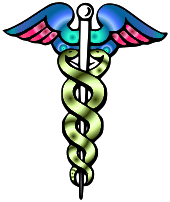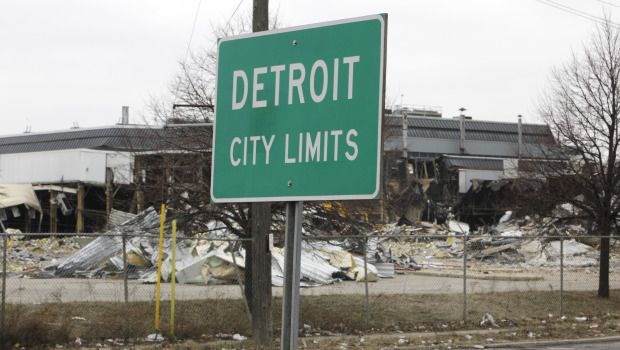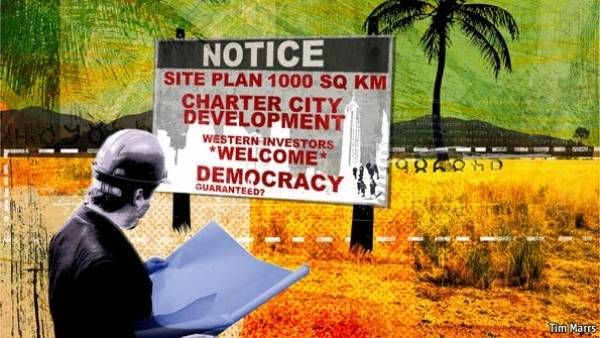Also posted at Humanitarian Left
Most Americans take water for granted. We get up in the morning shower, brush teeth, flush the toilet, run water to drink, clean and on and on. What would you do if you couldn’t do those things? How would it effect you daily life? You ability to work? Support yourself and your family? How would it effect you health?
Those questions are all being faces right now by hundreds of thousands men, women and children, not in some third world country, but Detroit, Michigan.
In March, the Detroit Water and Sewerage Department is resuming efforts to shut off water service to thousands of delinquent customers.
Crews will be targeting those who have received a shutoff notice and whose bills are more than two months late. Customers with late bills can avoid a shutoff by entering into a payment plan. Typically, it takes a payment of 30% to 50% of the amount owed to start such a plan. [..]
There are 323,900 DWSD accounts in Detroit. Of those, 150,806 are delinquent. Some of those delinquencies are low-income customers who are struggling to keep their utilities on, said some who work in providing assistance to those in need.
But agencies aiding the mostly low income families currently without water are short on cash
“The need is huge,” said Mia Cupp, director of development and communications for the Wayne Metropolitan Community Action Agency. “There are families that have gone months and months without water.”
The group is among a handful of local agencies that provide assistance to those who need help with their water bills. The Water Access Volunteer Effort, a Detroit-based nonprofit, is another. [..]
The organization has very limited resources. Cupp said the group raised about $148,000 during a charity walk; that money could go to helping people pay water bills. [..]
Mayor Mike Duggan’s spokesman John Roach referred to the Water and Sewerage Department questions about how the city handles community outreach to inform residents about programs to help with water bills. Detroit’s Human Services Department used to perform outreach but no longer does, Latimer said. So the water department is finalizing an agreement with The Heat And Warmth Fund, or THAW, to do so, he said. THAW provides low-income Michigan residents with emergency energy assistance.
Jill Brunett, vice president for marketing and communication for THAW, confirmed that the group is in talks with the water department. She said the extreme weather this winter increased heating bills, putting a strain on finances.
Al Jazeera reported that the average Detroit water bill is nearly double the national average of $40 per month (pdf). Tho add insult to injury, DWSD said it would again raise rates, this time by 8.7 percent.
A coalition of groups including the Detroit People’s Water Board, Food and Water Watch, Blue Planet Project and Michigan Welfare Rights Organization have appealed to the United Nations for assistance (pdf)
“We are asking the UN special rapporteur to make clear to the U.S. government that it has violated the human right to water,” said Maude Barlow, the National Chairperson of the Council of Canadians and a key member of the coalition that put the report together. In addition to creating international pressure to stop the Detroit shutoffs, Barlow said, the UN’s intervention could lead to formal consequences for the United States. “If the US government does not respond appropriately this will also impact their Universal Periodic Review,” she said, “when they stand before the Human Rights Council to have their [human rights] record evaluated.”
Two of those activists, Maureen Taylor, state chair of the Michigan Welfare Rights Organization and Meera Karunananthan, international water campaigner for the Blue Planet Project, spoke with Democracy Now!‘s Amy Goodman about Detroit’s water crisis.
Trancript can be read here
The US may be the wealthiest country in the world but it is rapidly turning it’s cities into third world slums, endangering thousands of lives.

 Daphna Stroumsa, an obstetrics and gynecology resident at Henry Ford Hospital in Detroit, has published research on medical discrimination against transgender people whichis available in the American Journal of Public Health:
Daphna Stroumsa, an obstetrics and gynecology resident at Henry Ford Hospital in Detroit, has published research on medical discrimination against transgender people whichis available in the American Journal of Public Health: 
